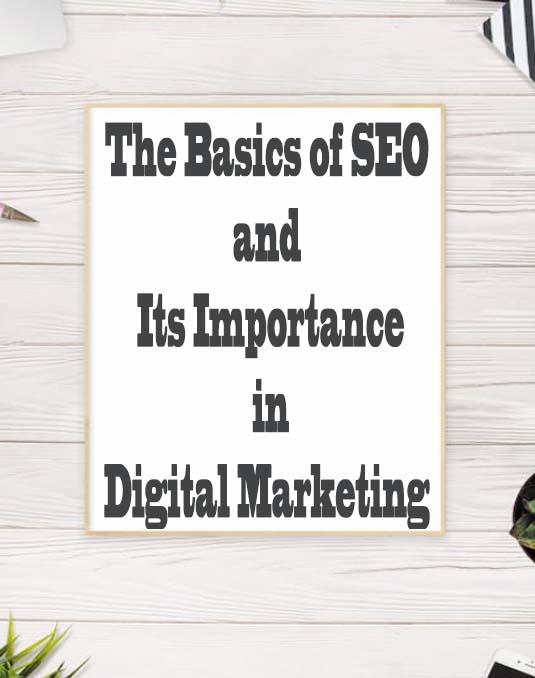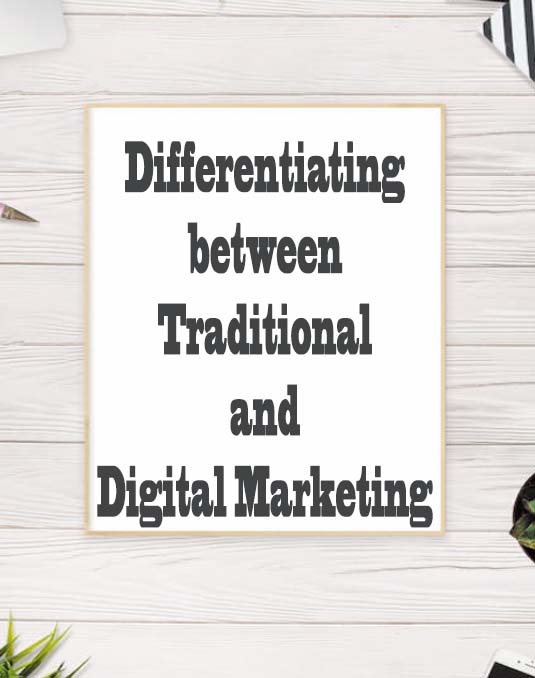
Creating Effective Marketing Campaigns. Introduction
Implementing effective social media marketing campaigns has become an essential component of any successful business strategy.
With the ability to connect with millions of potential customers across various platforms, social media offers unparalleled opportunities for businesses to engage, target, and convert their audience.
However, creating campaigns that truly stand out and drive results is no easy task.
In this blog, we will delve into the subjective aspects of developing effective social media marketing campaigns and explore the key elements that can make a campaign truly shine.
The Power of Authenticity
One of the most crucial aspects of a successful social media marketing campaign is authenticity. In a world saturated with advertising, consumers crave genuine connections and content that speaks to them.
By showcasing the human side of your brand and being relatable, you can build trust and loyalty. Authenticity can be achieved through user-generated content, real customer testimonials, or behind-the-scenes glimpses into your brand's story.
A campaign backed by authenticity stands a better chance of resonating with your target audience.
Innovation and Creativity
With countless brands vying for attention on social media, it is essential to craft campaigns that catch the eye and leave a lasting impression.
Being innovative and creative helps your campaign stand out amidst the noise. Think outside the box by using captivating visuals, unique storytelling techniques, or interactive content that encourages engagement.
By pushing the boundaries and creating something unexpected, you can effectively differentiate your brand from the competition.
Targeted and Data-Driven Approach
Understanding your audience is vital when it comes to social media marketing campaigns.
Utilize the vast data available to you to identify your target demographic, their habits, preferences, and pain points.
Tailor your campaign's messaging, visuals, and even the platform to match your audience's preferences. Remember, effective social media marketing is about quality over quantity.
By narrowing down your focus and creating campaigns tailored to specific segments, you can maximize your impact and achieve better results.
Consistency Across Platforms
While each social media platform has its unique characteristics, maintaining consistency across all of them is paramount.
Ensure that your brand message is consistent, regardless of the platform, to create a cohesive and recognizable presence.
This includes using similar visuals, tone of voice, and brand identity. By seamlessly integrating your messaging across platforms, you build brand recognition and reinforce your campaign's impact.
Engagement and Interaction
Social media is not a one-way street; it's a platform for dialogue and interaction. Encourage engagement by responding promptly to comments, messages, and reviews.
Foster a sense of community by running contests, polls, or user-generated content campaigns.
This interaction not only humanizes your brand but also generates valuable user-generated content, testimonials, and word-of-mouth recommendations.
Steps to create effective Marketing Campaigns
- Define your marketing objectives:
Clearly define what you want to achieve with your marketing campaign.
Do you want to increase brand awareness, generate leads, drive sales, or something else? - Identify your target audience:
Determine who your ideal customers are and create buyer personas. Understand their demographics, interests, needs, and pain points to tailor your campaign messages and tactics to resonate with them. - Conduct market research:
Gather data and insights about your industry, competitors, and target audience.
This will help you understand market trends, customer preferences, and identify opportunities for differentiation. - Set a budget:
Determine how much you are willing to spend on your marketing campaign and allocate resources accordingly. Consider the costs of different marketing channels, creative production, and any additional expenses. - Develop your message and positioning:
Craft a compelling message that communicates the unique value proposition of your product or service. Differentiate yourself from competitors and highlight key benefits for your target audience. - Choose the right marketing channels:
Select the most suitable channels to reach your target audience effectively. Consider a mix of online and offline channels, such as social media, email marketing, content marketing, print ads, events, etc. - Create engaging content:
Develop high-quality and relevant content that aligns with your campaign objectives and resonates with your target audience. This could include blog posts, videos, infographics, social media posts, whitepapers, or case studies. - Implement your campaign:
Execute your marketing activities according to the plan. Monitor and track the performance of your campaign and make necessary adjustments along the way. - Measure results and analyze data:
Monitor key performance indicators (KPIs) to evaluate the effectiveness of your marketing campaign. Track metrics such as website traffic, conversion rates, engagement levels, and ROI. Analyze the data to gain insights and identify areas for improvement. - Optimize and refine your campaign:
Continuously improve your marketing campaign based on the insights gained from analyzing data. Make adjustments to your strategies, tactics, messaging, and channels to enhance overall performance and achieve better results. - Repeat and scale:
Once you have created an effective marketing campaign, analyze the lessons learned and apply them to future campaigns. As you gain more experience and success, consider scaling your campaign efforts to reach a broader audience or expand into new markets.
Conclusion
Creating effective social media marketing campaigns requires a combination of authenticity, creativity, targeted approaches, consistency, and active engagement.
By understanding your audience, utilizing data, and delivering messages that resonate, your campaigns can propel your brand forward, increase brand awareness, and drive conversions.
Remember, social media is ever-evolving, so continuously adapting and experimenting with your strategies will ensure you stay ahead in this fast-paced digital landscape.
Tips on SEO and Online Business
Next Articles
Previous Articles
















